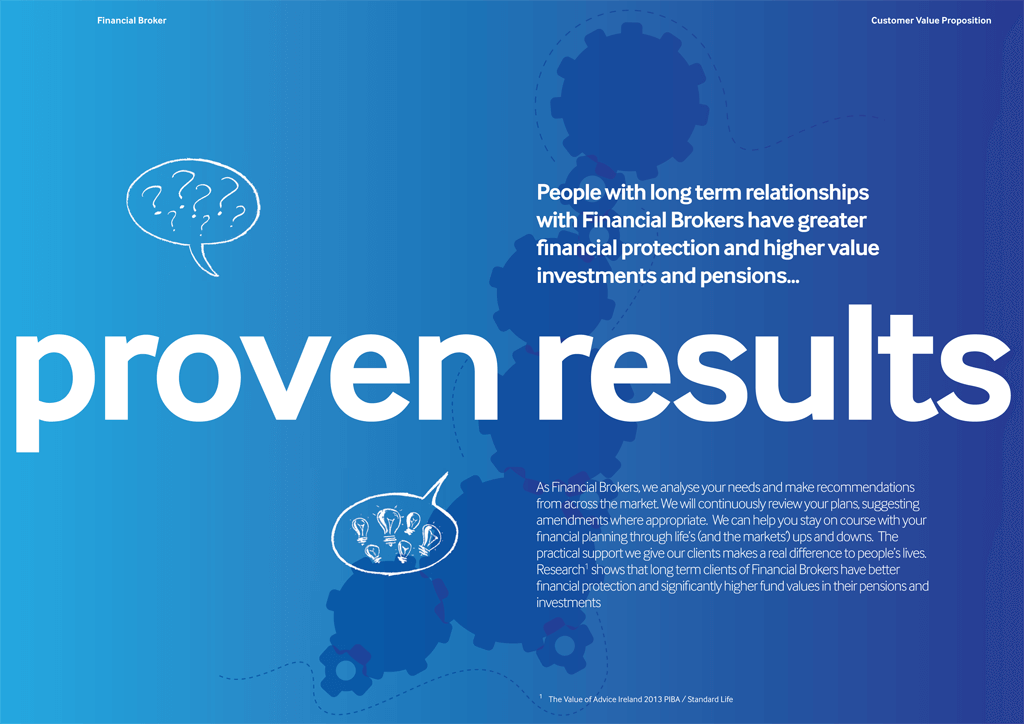Everyone benefits from saving! Saving even small amounts regularly will help you to:
- manage your money and cope with unexpected expenses and emergencies;
- afford things you need in the future;
- borrow less; and
- ease financial stress.
Where do I start?
The best way to work out a savings plan is to:
Decide your savings goals;
You need to decide what you want to save for. Usually, most of us have a mix of short, medium and long-term goals when it comes to saving. Before you decide the best way to save for what you want, you need to think about the level of risk you are willing to take.
Think about your attitude to risk
There are three main types of risk to consider when saving or investing:
- inflation risk
- return risk
- capital risk.
Inflation risk is the risk that your money will lose value over time. Its buying power will go down as prices go up. Even a modest inflation rate of 3% means that €100 will be worth only €97 after one year. Even a low level of return, such as on a savings account, helps your money to hold its value. Ideally you need to earn more than the inflation rate to get a real return on your money.
Return risk is the risk that your money will not grow as much as you expected. Some savings products give you a fixed return, others do not. Investments linked to the stock market promise a higher return than savings accounts, but the return you get is difficult to predict and can rise and fall from year to year
Capital risk is the risk that you could lose some of your original investment (capital). You may ask yourself why take this risk? The answer is, generally you have to risk some of your money to get higher returns. If you don’t want to risk losing money, you will usually have to settle for lower returns based on deposit-type accounts or products which can guarantee your original investment.
We always complete an Attitude to Risk Questionnaire which will assess your attitude to risk and help us advise you accordingly on the investment most suitable to you.
Consider how you will save.
When deciding how to save, you need to balance your need for higher returns with your need to keep your money safe.
These needs can change over your lifetime and also depend on your different goals. For example if you are young but looking to save for retirement, you may be prepared to take higher risks to get higher returns. And you must be willing to tie up your money for longer. You know that your investment will have enough time to recover from any short-term fall in value. Later on when you are getting nearer retirement, you won’t want to risk the money you have been saving over a long time. So how you save really depends on your needs and circumstances.



